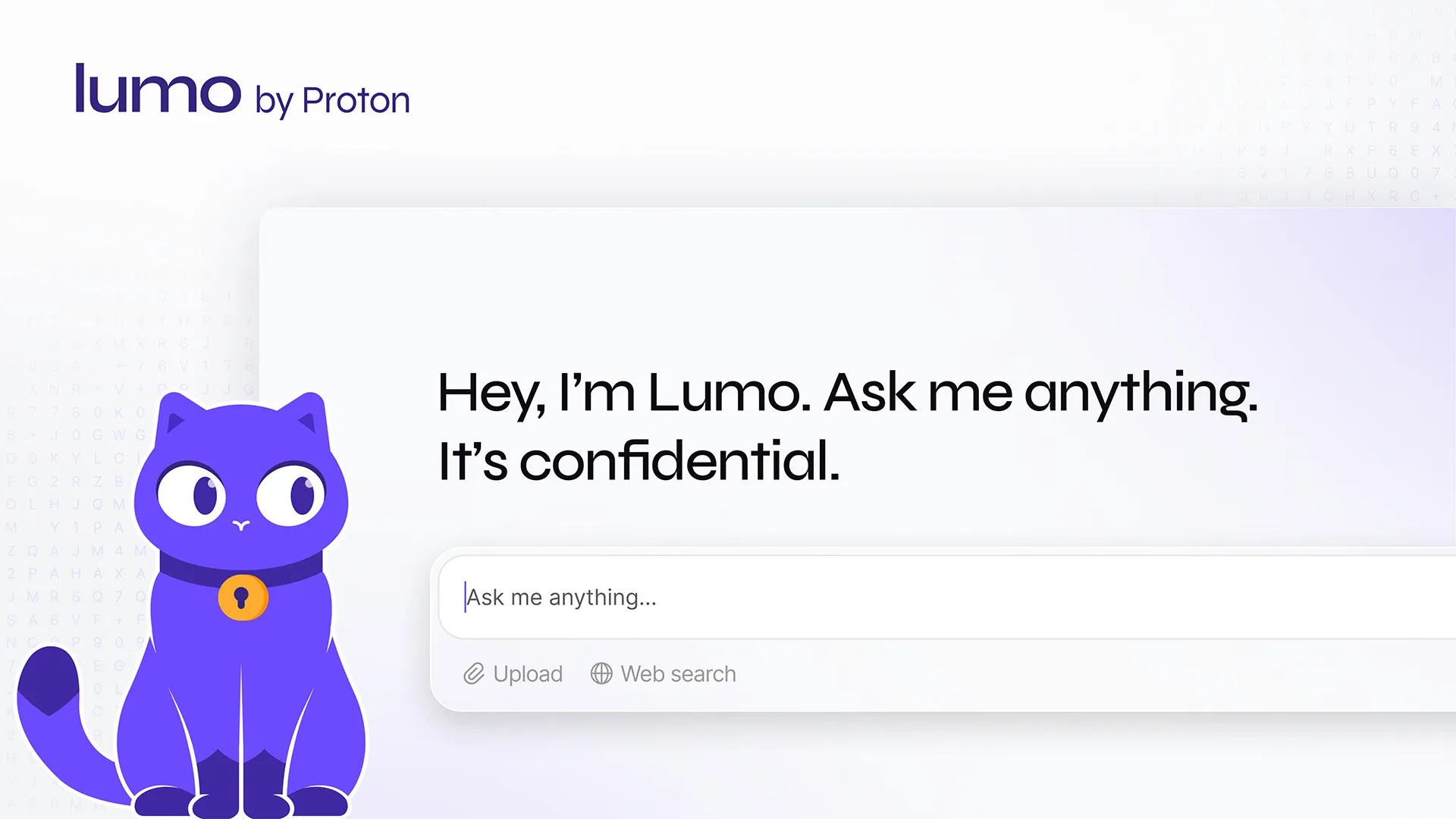
Proton Is Also Making Its Own Assistant
How did your country report this? Share your view in the comments.
Diverging Reports Breakdown
Proton Is Also Making Its Own Assistant
Lumo uses open-source large language models optimized by Proton. The service runs on Proton-controlled servers in Europe, placing it under Switzerland’s robust privacy laws. Lumo can perform a range of tasks, including summarizing text, assisting with coding, and drafting emails. By default, Lumo does not search the web for answers, but you can enable this feature, and Proton will use privacy-respecting search engines to come up with results. The assistant integrates with Proton Drive, allowing you to analyze documents from their encrypted cloud storage securely. It’s free for Proton users, and there’s a Lumo Plus tier that costs $12.99 a month (it’s a separate subscription from Proton’s own subscription tiers)
Lumo uses open-source large language models optimized by Proton. Code is open-source for public review.
Lumo offers familiar tasks like text summarization and email drafting. Lumo Plus tier available for $12.99/month.
Typically, Proton’s products are pretty useful. This one, though, I’m not sure what to think of it. Proton is the latest company to join the AI bandwagon with a new AI assistant—and really, I’m not sure anyone needs this.
Proton has just announced Lumo, a new “privacy-first” AI assistant. It’s just like your regular, run-of-the-mill AI assistants, but it sticks to Proton’s strict privacy and security standards. The company states it maintains no server-side logs of user conversations—chat histories are stored on the user’s device using zero-access encryption, a security model already employed across Proton’s suite of products. This encryption ensures that only the user can decrypt and read their chats.
Conversations with Lumo are not used to train any underlying large language models (LLMs). It’s not like Proton has its own, anyway. The company says that the assistant is built upon open-source LLMs that Proton has optimized and hosts itself. This could mean models like Google’s Gemma, Meta’s Llama, and excludes proprietary ones like Google Gemini or OpenAI’s GPT. We don’t have a specific list of models Lumo supports. The assistant’s own code is open-source for public review, just like everything by Proton is. This allows independent experts to verify its security claims. The service runs on Proton-controlled servers in Europe, placing it under Switzerland’s robust privacy laws and outside of US jurisdiction.
As for what you can do with Lumo, well, a lot of the things you can already do with other assistants. Lumo can perform a range of tasks, including summarizing text, assisting with coding, and drafting emails. It includes several features designed around data control. By default, Lumo does not search the web for answers, but you can enable this feature, and Proton will use privacy-respecting search engines to come up with results. You can also upload files for analysis, with the assurance that the contents are not stored on Proton’s servers. The assistant integrates with Proton Drive, allowing you to analyze documents from their encrypted cloud storage securely.
This is not exactly a new concept—DuckDuckGo already has a “privacy-respecting” AI interface that you can use. I’m not forbidding Proton from doing something just because others have done it before, but frankly, it just seems like the company is jumping on the AI bandwagon for the sake of it—either because it’s the “trendy” thing or to appease investors. You might be better served by other options, too. The fact that Proton sticks only to “open-source” LLMs, while an ethical move, also greatly limits your choice of model and might mean that you won’t be able to use your model of choice, but many might still be okay with the models offered.
Lumo is free for Proton users, and there’s a Lumo Plus tier that costs $12.99 a month (it’s a separate subscription from Proton’s own subscription tiers) and gives you things such as support for unlimited chats and the ability to upload larger files.
Source: Proton
Source: https://www.howtogeek.com/proton-is-also-making-its-own-assistant/
